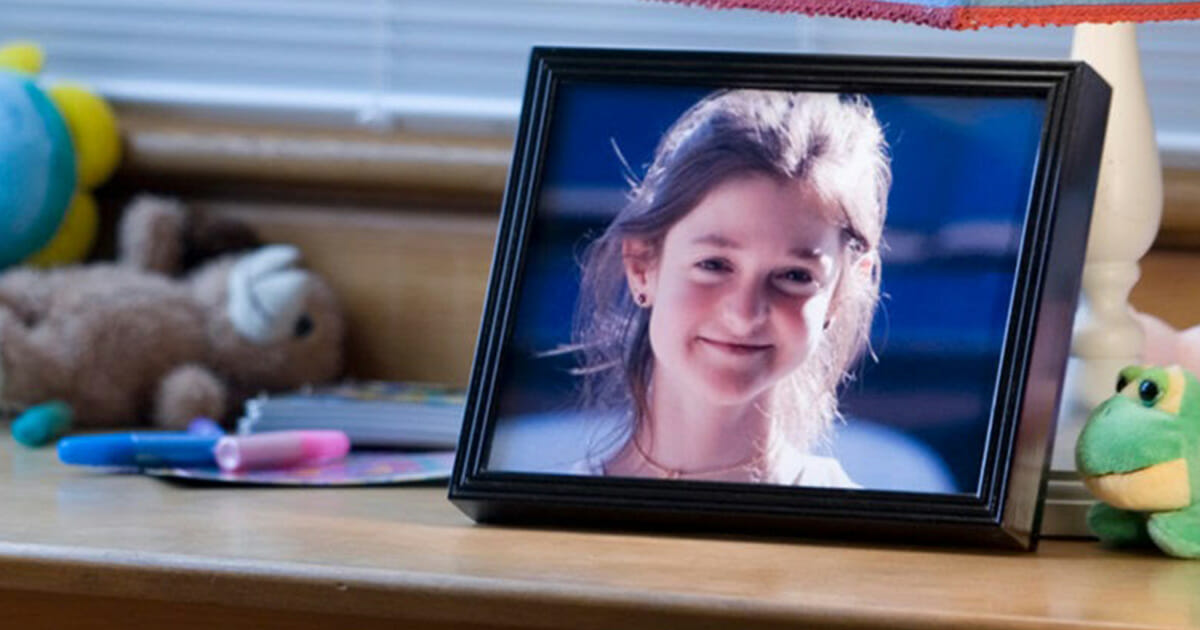Alexa’s Story
A young girl from West Fargo, Alexa’s short life ended tragically early when she died at the age of 14 while waiting for a life‐saving lung transplant.

“She was a very talented little girl that we loved very much,” says her father, Loren. “There’s not a day that goes by that there’s not an emptiness in the house… it’s just not the same.”
On the Waiting List
By the age of seven, Alexa Kersting was diagnosed with lung disease, and by the age of twelve she developed pulmonary hypertension, which triggered her placement on the transplant waiting list. For the seven months that Alexa was on the list, she was either at home or in the hospital, on oxygen 24 hours a day.
“Alexa couldn’t do the things that most young girls are able to do, whether it was attending her first middle school dance, or riding bikes after school,” says her mother, Monica. “All of her activities had to be quiet, like piano, art, or visiting with friends on the phone or at the house.”
Alexa was a brave and courageous young girl who never gave up hope. She talked about all the things she was going to do when she received her transplant; dancing, earn her black belt in tae kwon do, learn to drive. “We were very, very hopeful,” said Loren, “and we never gave that up.”
Sadly, the call that would save her life never came and in July of 2004 Alexa died while waiting for her transplant. It’s frustrating for Alexa’s parents to know that the cure for their daughter existed, and all that it would have taken for her life to be saved is a generous grieving family, somewhere, who said ‘yes’ to donation.
“When you’re a parent, you expect to be a parent for a long time,” says Monica, “and it’s hard to figure out a life without her.”
Alexa’s Legacy Lives On
Since her death, Alexa’s parents, Loren and Monica Kersting, have dedicated their energy to promoting donation so that more people get the transplant they need. They also started a foundation called Alexa’s Hope, intended to help end deaths on the transplant waiting list with an initial focus on pediatric patients. They have shared their story with communities around the country, urging more people to register as donors.
 Skip to main content
Skip to main content
